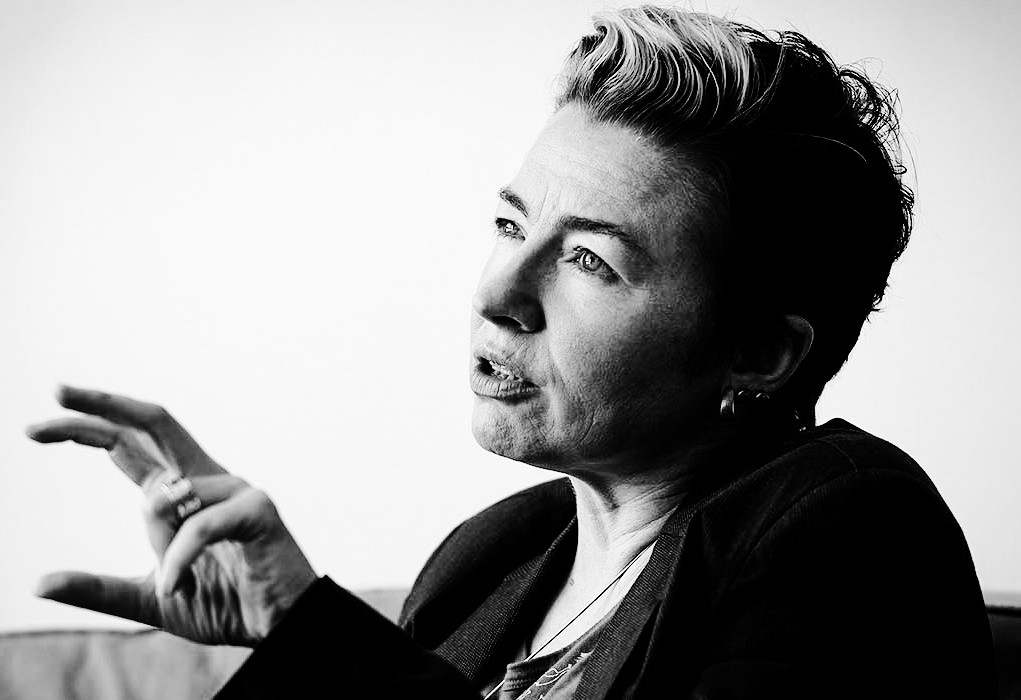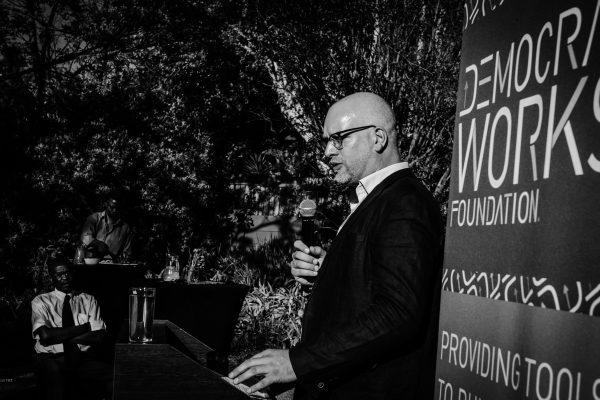White people still accrue benefits from their whiteness, even if they claim victimhood.
A few years ago at a discussion on race and redress, Associate Professor of Sociology Zimitri Erasmus issued the following ?admonition: white people should do the white work.
To me the reasoning behind this was simply: why should it always be up to black people to confront yet another demonstration of white privilege – sometimes masquerading as ignorance; sometimes as just plain garden-variety racist impunity?
Given that all white people still accrue benefits from their whiteness, even if they distance themselves from the racist systems of dispossession that underpin white privilege, it cannot be enough for a white person to merely renounce racism.
My research shows that even outright expressions of white supremacy are nowadays preceded by a vehement disclaimer of: “I’m not a racist but?.?.?.” Open displays of racism have mostly retreated to private spaces.
But in their place one finds more insidious racial justifications of white advantage.
While discourses of white superiority may be more camouflaged (complaints about corruption or the state of education, for example), they continue to produce very real unequal relations of power and associated distribution of resources.
These relations have been captured to some extent by the description that while white South Africans as a group have lost political power, economically and culturally whiteness still prevails.
The issue of what is at stake when studying whiteness came up last week (March 19-20) at the first academic conference on whiteness held in South Africa.
The host of the “Whitewash” conference was the Visual Identities in Art and Design (Viad) Research Centre at the University of Johannesburg.
Difficult conversations were had at the conference about whiteness as a focus of scholarly endeavour. It has been a feature of whiteness studies to continually interrogate its raison d’être, as whiteness scholars are alive to the danger of degenerating into reproducing whiteness.
I would argue that whiteness studies and debates are only justifiable if firmly focused on power relations.
The proviso for studies of whiteness should be to contribute to the dismantling of whiteness as part of a larger political project against race and racism.
Coincidentally, a foremost US scholar on whiteness, Dr Peggy McIntosh, has been in the country during the past fortnight at the invitation of the Nelson Mandela Metropolitan University.
It is worth revisiting McIntosh’s influential 1989 article titled White privilege: Unpacking the invisible knapsack.
She compared white privilege to male privilege: “Denials which amount to taboos surround the subject of advantages which men gain from women’s disadvantages.
“These denials protect male privilege from being fully acknowledged, lessened or ended?.?.?.?I think whites are carefully taught not to recognise white privilege, as males are taught not to recognise male privilege?.?.?.?I have come to see white privilege as an invisible package of unearned assets that I can count on cashing in each day, but about which I was ‘meant’ to remain oblivious.”
Therefore, she wrote: “Describing white privilege makes one newly accountable. As we in Women’s Studies work to reveal male privilege and ask men to give up some of their power, so one who writes about white privilege must ask, ‘Having described it, what will I do to lessen or end it?’”
McIntosh’s interrogation of her own white privilege is part of a larger global shift over the past two decades to placing the centres of power – also masculinity, heterosexuality and, to a lesser extent, middle classness – under research scrutiny.
While the international scholarship on centres of power is useful, there are significant differences with the South African context.
Especially, whiteness has been destabilised locally since the end of white political rule in ways that are not true of the US, for example. The other centres of power are also dislocated, albeit not to the same extent.
This moment in time presents South Africans with an unusual opportunity to undo the identities that have historically produced authoritarian power relations and continue to do so.
But you cannot dismantle something if you don’t understand its workings.
This is especially true as oppressive identities from yesteryear attempt to revive themselves by rolling out new strategies.
For example, since at least the late 1990s, the denial of the political sources of white privilege has been a primary strategy to maintain it. Another strategy is to claim victimhood, especially to prove “discrimination” against Afrikaner men, the group that benefited most under apartheid.
These strategies have to be exposed to not only refute them, but to shift resources to those people who are in reality suffering the greatest iniquities in post-apartheid South Africa.
*This article was published in the Citizen. To view the article on their website click here.








